|
It’s the weekend and we don’t want you to only sit around and read great stuff from The Conversation. So let a couple of our recent stories about the causes of obesity be an incentive to get out and enjoy an autumn weekend. But when you’re ready to come inside, we have some amazing reads from around the world: the science of sleep; bad beauty secrets; why funny people are smart; the debate in France about pain au chocolat; our link to whales and dolphins; the real story of Easter Island and the humanity of Desmond Tutu.
Have a great weekend and we’ll be back in your Inbox on Monday.
|

Trade and investment agreements can increase consumption of unhealthy foods, sugary drinks and tobacco – leading to soaring rates of obesity and chronic diseases globally.
(AP Photo/Mark Lennihan, File)
Ronald Labonte, University of Ottawa
As government representatives meet at the WHO global conference on noncommunicable diseases in Uruguay this week, their focus should be on reducing the health impacts of trade deals.
|
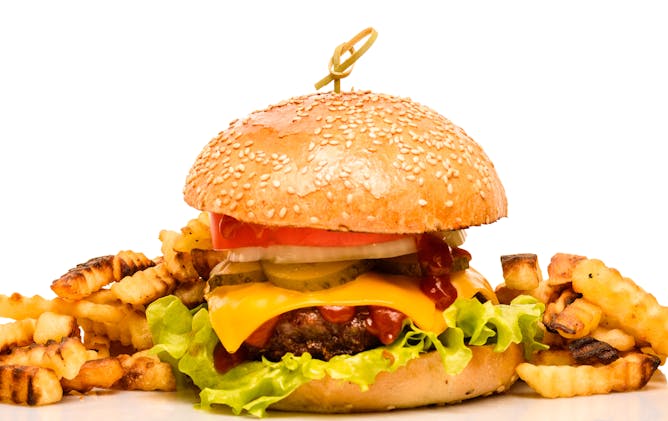
Over 90 per cent of food and beverage product ads viewed by children and youth online are for unhealthy food products.
(Shutterstock)
Sara FL Kirk, Dalhousie University
New data on soaring child obesity should not come as a surprise. The food industry spends billions marketing unhealthy foods in a global society where over-eating is seen as a character flaw.
|
From our global partners
|

Leonie Kirszenblat, The University of Queensland
Although it may appear you're “switching off” when you fall asleep, the brain is far from inactive.
| |
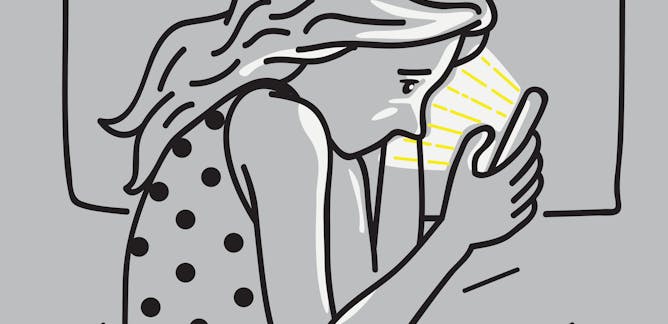
Jean Twenge, San Diego State University
The amount of time teens have spent working and participating in extracurricular activities has held steady in recent years. There has, however, been one big change in their lives: smartphones.
|

Michelle Smith, Deakin University
The history of dangerous cosmetics shows us the harms that women have suffered to meet expectations of what is beautiful.
| |
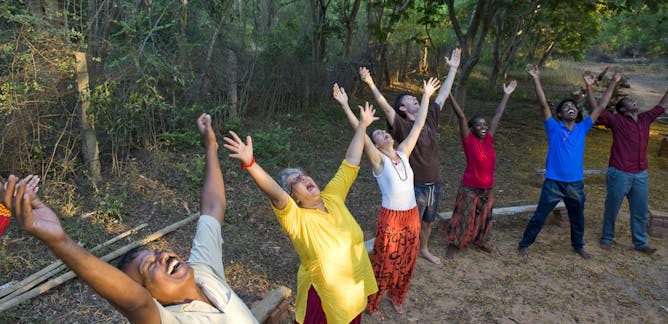
Lowri Dowthwaite, University of Central Lancashire
Research shows that funny people are also nicer to be around.
|
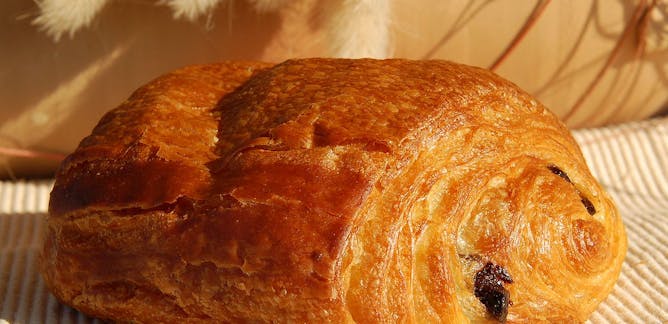
Mathieu Avanzi, Université Catholique de Louvain
Pain ou chocolat ou chocolatine, le débat fait rage sur Internet. Mais de quels locuteurs parle‑t‑on ? Petit tour par la linguistique.
| |
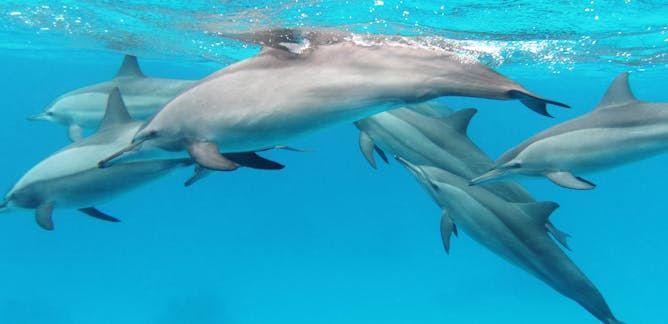
Susanne Shultz, University of Manchester
Complex behaviour such as regional accents and cultural food preferences in whales and dolphins seems to be linked to brain size.
|
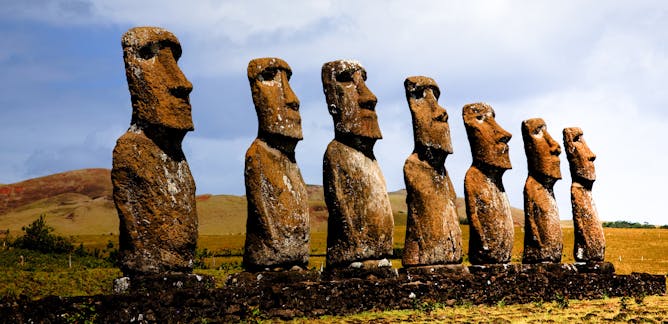
Catrine Jarman, University of Bristol
Recent archaeological evidence shows the remote islanders didn't commit 'ecocide' after all.
| |

Keymanthri Moodley, Stellenbosch University
Emeritus Archbishop Desmond Tutu embraces everything noble in Aristotelian virtue ethics and African philosophical systems alike.
|
|
|